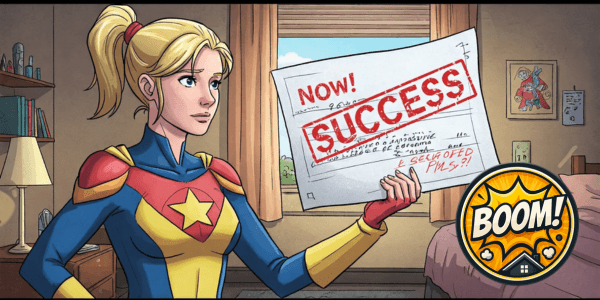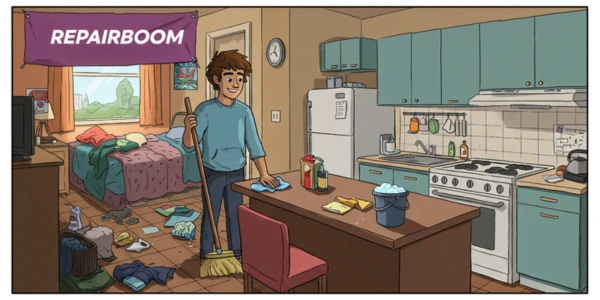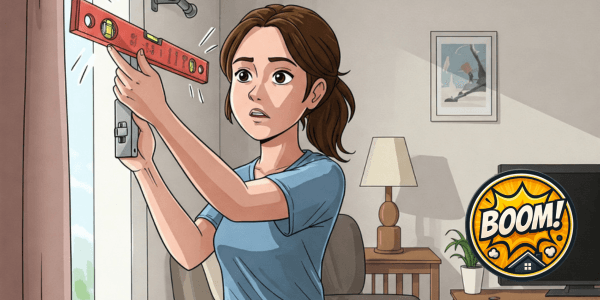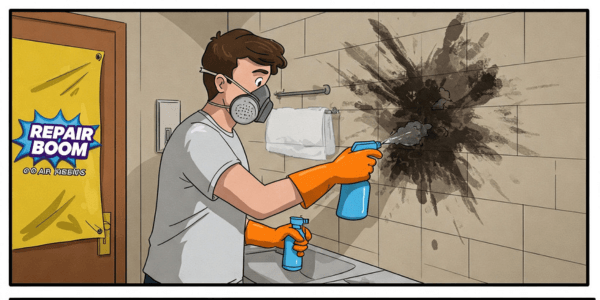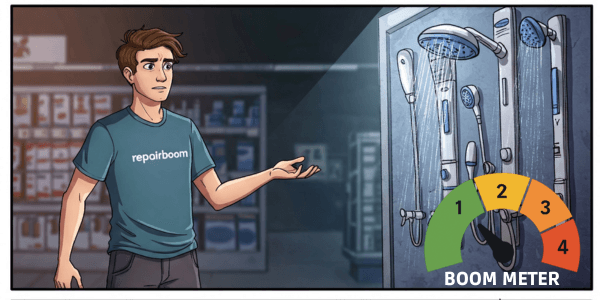fAQ – Renter Responsibilities
Why is completing a move-in condition report part of my renter responsibilities?

Completing a move-in condition report The Essential Move-In Condition Report | Repairboom.com is a key renter responsibility to document your apartment’s state, noting existing damage like scratches or stains, which protects you from unfair landlord charges. Take photos or videos during the walkthrough and submit the report within the lease-specified timeframe, typically 3–7 days, to clarify renter repair duties. This record helps protect your deposit moving out by proving what damage wasn’t your fault. Keep a copy of the report and communicate issues to your landlord in writing to avoid disputes. Renter Move-In Checklist | 5 Free Essential Steps
What are my responsibilities for repairs as a renter under my lease?
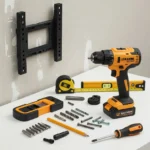
As a renter, your lease typically requires you to keep the apartment in good condition, fixing minor damage you cause, like nail holes or scuff marks, while landlords handle major repairs, such as leaky faucets or broken heaters. You’re also responsible for reporting issues promptly—within 24–48 hours—to prevent escalation, like water damage from leaks. Review your lease for specific clauses on “repairs” or “tenant obligations” to understand your duties. Failure to maintain the property or report issues could lead to deposit deductions or liability for damages Move-Out Inspection: What Your Landlord Is Really Looking For | Free Essential Guide
How do I understand my rights as a renter for repairs and maintenance?
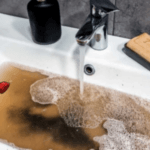
Renters have the right to a habitable home, meaning landlords must fix critical issues like plumbing, heating, or electrical problems to meet state habitability standards. Your lease may outline these obligations, but state laws also protect your right to request repairs without retaliation. Always submit repair requests in writing or via a maintenance portal, including photos, to document the issue. If unsure about your rights, check local tenant laws or consult a renters’ rights organization for guidance. What Conditions Violate Habitability In California? | Free Guide
What should I do if my landlord ignores my repair requests?

If your landlord ignores repair requests, like for a broken appliance, send a written notice via email, letter, or their maintenance portal, detailing the issue with photos and keeping copies for records. Check your lease for repair timelines and state laws, which may allow remedies like withholding rent or repairing and deducting costs if the issue affects habitability. Always notify your landlord promptly to avoid liability for worsened damage, such as mold from leaks. Consult a local tenant advocacy group if the issue persists. Check our guide Landlord Won’t Make Repairs: What To Do To | 4 Essential Free Steps
What are my duties as a renter when moving out to protect my deposit?
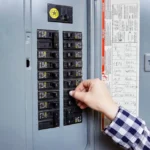
When moving out, renters must return the apartment in good condition, fixing tenant-caused damage like patching walls or cleaning stains, but normal wear and tear, like faded paint, is exempt Move-Out Inspection: What Your Landlord Is Really Looking For | Free Essential Guide. Check your lease for specific move-out requirements, such as deep cleaning or appliance maintenance. Report major issues, like a leaky faucet, to your landlord promptly to avoid deductions. Document the apartment’s condition with photos or videos and request a walk-through with your landlord to confirm compliance. See our guide Renter Move-Out Checklist: 6 Free Essential Steps For Young Renters
Can I break my lease without a penalty if I need to relocate for a job?

In some cases, you may be able to break your lease without a penalty if you’re relocating for a job, especially if your lease includes a job relocation clause or if local laws allow for early termination under specific circumstances. To do this effectively, you’ll need to provide proper notice, communicate with your landlord, and possibly negotiate terms. For a step-by-step guide on how to approach this situation and explore other legal options, visit How to Break Your Lease Without Penalty. Always check your lease agreement and local tenant laws, and consider seeking legal advice for your specific case
What cleaning responsibilities do renters have to protect their deposit?
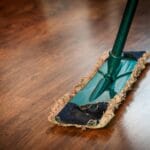
Renters are often responsible for thorough cleaning before moving out to protect their deposit moving out, including scrubbing appliances, floors, and bathrooms, as outlined in most leases. Normal wear and tear, like light dust, doesn’t require cleaning, but tenant-caused messes, like grease stains, do. Check your lease for specific cleaning clauses to avoid deductions, and document the apartment’s condition with photos after cleaning. Notify your landlord of any major cleaning needs, like carpet stains, to clarify responsibilities. See our guide on renter cleaning duties
What should renters do if their landlord tries to charge for unneeded repairs?

As part of your renter responsibilities, clarify renter repair duties by reviewing your lease to confirm you’re only responsible for tenant-caused damage, not normal wear and tear like worn flooring. If your landlord charges for unneeded repairs, dispute the claim in writing, providing photos or move-in checklists to protect your deposit moving out. Request an itemized bill and check state laws, which may limit landlord deductions. If unresolved, seek help from a tenant rights group to negotiate or escalate the issue. What Conditions Violate Habitability In California? | Free Guide
How do I file a complaint against my landlord?
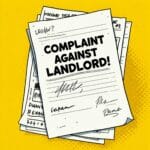
If you’ve met your renter responsibilities, like reporting issues in writing, but your landlord still hasn’t fixed problems such as a broken heater or mold, you may need to file a formal complaint. This involves researching your rights, documenting violations, and submitting your case to the right authority, like a housing department. For a step-by-step guide, including tips for gathering evidence and filing in California or other states, see our detailed article on How to File a Complaint Against a Landlord: A Professional Guide It’s a great resource to help you navigate tenant rights complaints confidently!
Can I break my lease without a penalty if I’m facing financial hardship?

Breaking a lease due to financial hardship without a penalty can be challenging, but it’s sometimes possible by negotiating with your landlord or exploring local tenant laws that may offer relief in specific situations. You might propose a lease termination agreement or find a new tenant to take over the lease. For practical steps on how to approach your landlord and understand your rights, check out How to Break Your Lease Without Penalty. Be sure to review your lease terms and consult a legal professional for advice tailored to your circumstances. For four legal reasons, check here What Are Valid Reasons To Break A Lease? 4 Reasons
Can a landlord legally enter my apartment without giving me notice?

Generally, no. Landlord entry laws in most places, including California, require landlords to provide advance notice before entering your rental unit, except in true emergencies. This protects your tenant rights privacy and right to quiet enjoyment Know Your Rights: Can Landlord Enter Without Notice? | Free Guide
Does a landlord have to have a reason to not renew a fixed-term lease?

Not necessarily in all locations. In areas without “Just Cause” eviction laws, landlords can often choose not to renew a lease by giving proper notice, without needing a specific reason. However, laws in states like California and many cities require “just cause” to terminate tenancy after a tenant has lived there for a certain period, even when a lease expires. Landlord Not Renewing Lease: Know Your Rights | Essential Free Guide
Landlord Won’t Make Repairs: What to Do to | 4 Essential Free Steps
Landlord Won’t Make Repairs: What to Do to Protect Your Rights and Home Download the…
Move-out Cleaning Checklist 3 Steps | Free Guide
Want to Maximize Your move-out Deposit Refund with Pre Move-out Cleaning? Introduction – Move Out…
How to install curtain rods | Learn to Hang Curtains | Easy Free Guide
Best ways to remove mold from bathroom 3 steps | Free Guide
Want to know how to clean mold fast? | Mold removal Introduction – How To…
How to Choose a new shower head in 3 Easy Steps | Free Guide
Ready to choose your new shower head? Introduction: Choosing the right shower head So, you…
How to Get Your Security Deposit Back After Moving Out: In 4 Easy Steps


